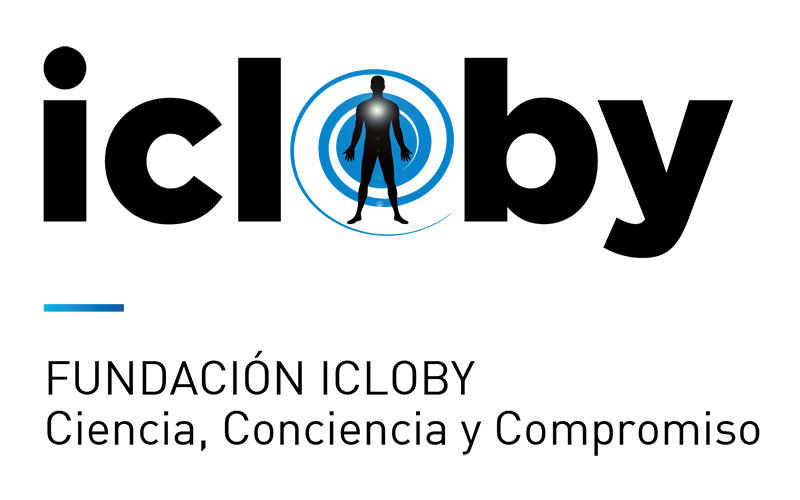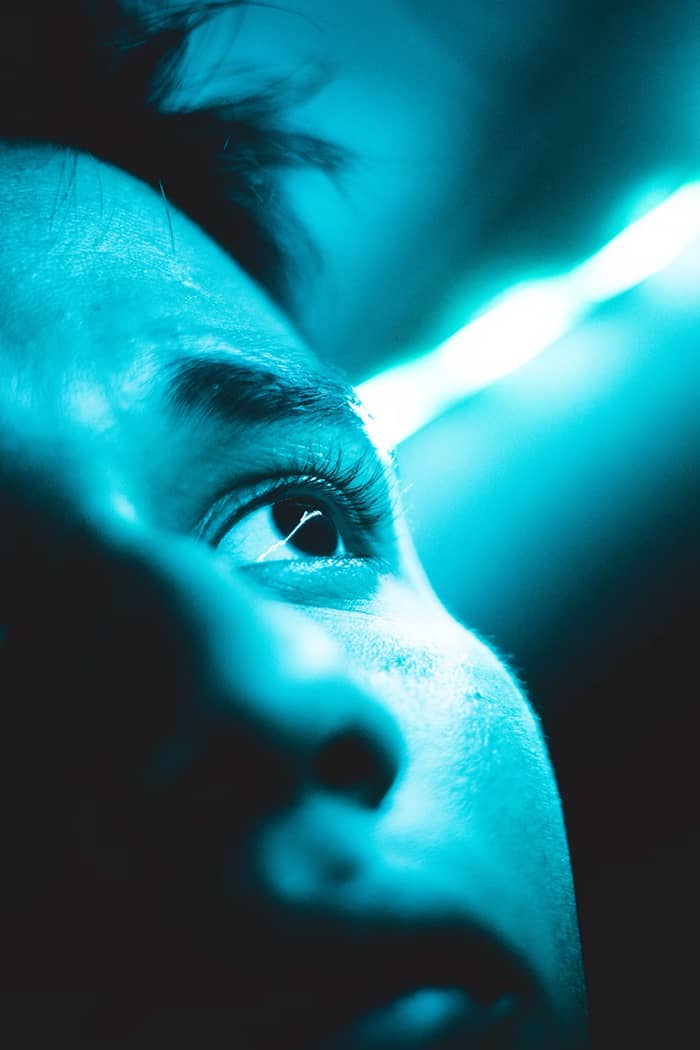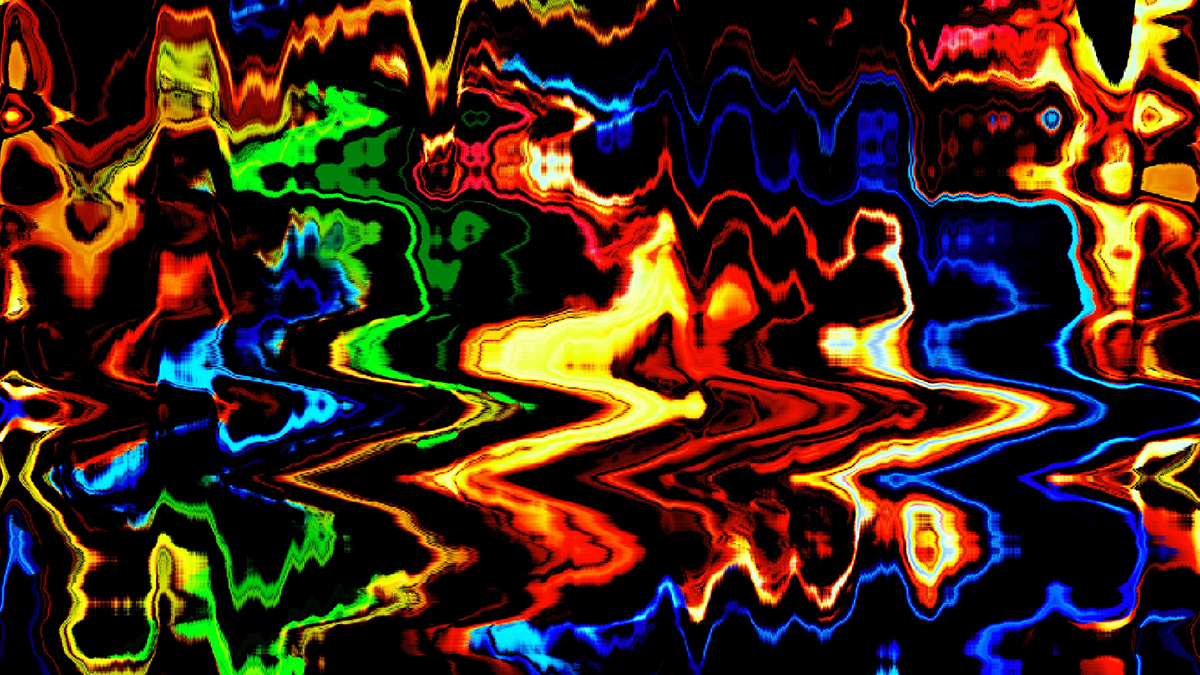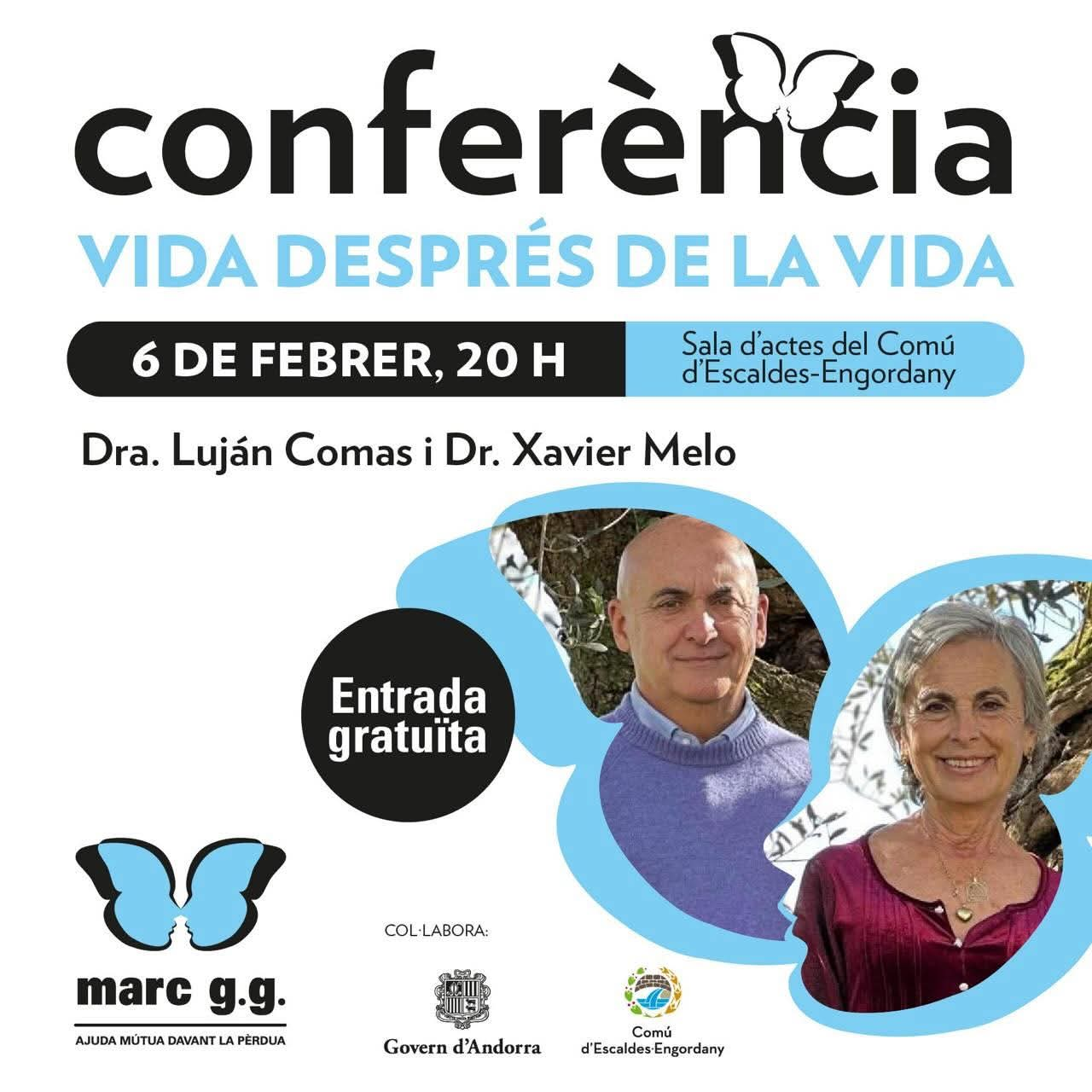REVIEW OF EEG signature of near-death-like experiences during syncope-induced periods of unresponsiveness by Martial et al.
A common characteristic of science is that any statement made no longer belongs solely to its author, nor necessarily favors the person who asserts something about the world.
In this case, Martial and his team propose that during the first seconds after a syncope (fainting), experiences similar to near-death experiences (NDEs) occur. To support this, they used the Greyson scale to validate that both experiences — NDEs and those produced during syncope — are comparable. The Greyson scale consists of 16 items, each scored 0, 1, or 2. A total score of 7 or higher is considered indicative of an NDE.
Thus, following self-induced syncope, 8 out of 22 participants in the study had an NDE according to the Greyson scale (an astonishing 36%). However, complications arise here.
Scoring 7 on this scale is not particularly difficult for someone who remembers their dreams. For example, I dream of my deceased parents. Pleasant sensation (2) + joy (2) + feeling out of my body lying in bed (2), encounters with deceased persons (2), distortion of space and/or time (2), non-earthly landscapes, since in dreams nothing fully conforms to Earth (2). Total score = 12 points.
It is important to remember that the Greyson scale was designed to distinguish NDEs from other types of experiences near death, not to distinguish NDEs from any non-corporeal experiences.
In Martial’s study, there is no evidence of deceased persons, extrasensory perception, visions of the future, point of no return, or sense of understanding everything.
Are syncope experiences identical to NDEs? Dr. Long, who manages the world’s largest NDE database, notes that more than 95% of people who experience NDEs report the experience as real. Would someone who fainted, had a DMT trip, or dreamed say the same?
If syncope experiences are identical to NDEs, considering that these occur within a few seconds, it could mean that NDEs happen before the electroencephalogram (EEG) goes flat and, therefore, could be brain-produced. This would be devastating for the dualist (spiritual) conception if not for a relevant fact: experiences during syncope occur under a consciousness that Martial and his team describe as disconnected — meaning no possibility of interaction with the immediate environment.
As Radin said, one can always argue that the brain, with residual activity measurable or not, causes NDEs… except in cases of verified experiences. Thus, Martial’s research may provide definitive support for the dualist, transcendent, spiritual interpretation of NDEs: it is impossible for sensory input to reach consciousness before the brain enters flat EEG. Therefore, verification cases during cardiac arrest, for example, attributed by the naturalist view to residual brain activity, collapse: in syncope and, hence, In ndes, ordinary external consciousness is lost before EEG flatlines.
Martial et al.’s work may, therefore, rule out the naturalistic explanation of NDEs if it identifies them with syncope experiences
Òscar Llorens i Garcia





